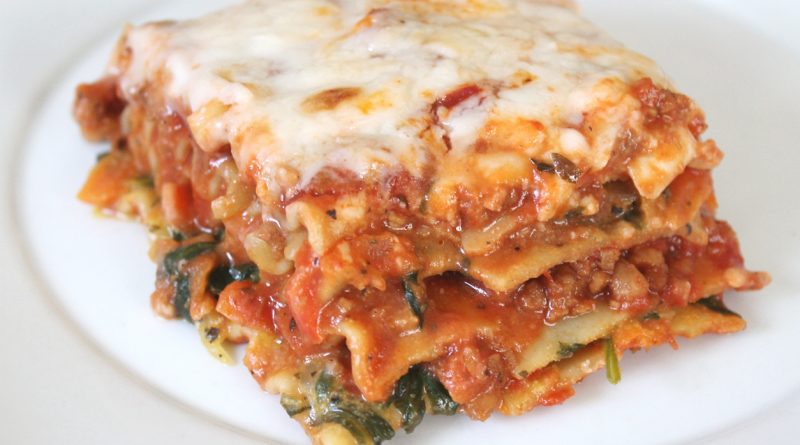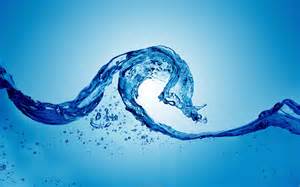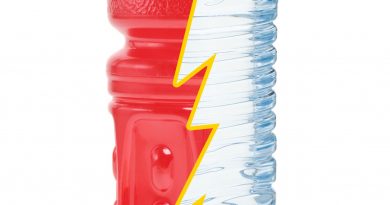Pre-game and pre-practice meals
Every high school and college head coach is wondering what on earth to feed his hungry crew. What should they eat before the big game? How close to game time should they eat? What about before a long practice session? What should the meal consist of? Protein? Carbohydrates? Or just fluids?
What if you are not a high school or college athlete? What if you are a weekend warrior and plan to play a game of football with your buddies next weekend during Thanksgiving? Do you still need to know what to eat and when to eat it? Of course.
Sports nutrition is not just for professional athletes and those who play sports on a regular basis, it is also important for weekend warriors. In fact, it is especially important to be cognizant of your nutritional needs if you haven’t played sports in a long time, moreso than someone who plays on a regular basis and knows their body.
It’s important to keep your athletes well fed, to say the least. Coaches and team staff members need to work hard to make sure every athlete receives the proper nutritional support. Not everyone needs to gain weight while on the team. Some players need to lose some weight while some need to work hard to gain weight. Every player needs his own nutritional plan and needs to stick to it.
But the one constant is the pre-game meal. Just about every player needs the same things right before a game. No matter what they eat throughout the week, they all need a great pregame meal. So what is the optimal pre-game meal?
The pre-game meal should be served about 2 hours before game time. Players need tons of hydration and tons of carbohydrates. Of course, hydration is a must and should start the day before. But with professional athletes, hydration is a way of life. Twenty-four hours a day, 7 days a week, they must be well hydrated.
The best ratio of micro nutrients for athletes before a practice session is 65% carbohydrates, 20% fat, and 15% protein. This is the 65-20-15 rule. This assumes that practice is not overtly intense.
For pre-game meals, the ration changes to 80-10-10. This is to be served 2 hours before a game, with plenty of fluids. Each athlete should eat to their hearts contention, but not over eat. You know you’ve overeaten if you feel full. You can break the meal into to parts. Eat one portion, wait 20 minutes, then eat the other. This allows your stomach to tell your brain you are full. Each athlete has different nutritional requirements and you can’t put a number on the amount of calories an athlete should eat.
The meal that we have found to best fit this 80-10-10 rule seems to be lasagna. Of course, it has to have meat in it, but lasagna fits the bill for the perfect pre-game meal. Especially, if you drink a sports drink with the meal, at full concentration, not the 50/50 mixture. That should give you the 80% carbohydrates necessary.
In fact, lasagna can even be made to fit the 65-20-15 ratio for pre-practice meals. Just drop the sports drink or use the 50/50 sports drink and water mixture. Or just have water for your drink with the pasta. Of course, there are all sorts of creative shakes, meals, and recipes for more creative and tasty dishes. But if you are on a low budget and the team “moms” are making the pre-game meal, have them cook lasagna.
Even more important, is post-game nutrition. After the game, athletes need to eat high protein foods to prevent lean muscle mass breakdown and rebuild their mass. The body’s nature response to intense exercise is to start rebuilding by breaking down parts for use in repair. After an intense long game, the bodies sugar stores are depleted, and the body taps into the protein reserves (your muscles) to start repairing. We need to prevent this by consuming sugars during and after the game and eating a lot of protein afterwards.
Post game meals should consist of 20-20-60 ratio of micro nutrients.
Missing meals and eating poorly are two of the worst things an athlete or weekend warrior can do. Poor nutrition can cause injury and lean muscle mass depletion. Further, poor nutrition will cause you to lack the required energy you need before practice and for games. Your players will not outlast the competition.
Following these simple steps will help keep you and your athletes in top shape for games and practice.



